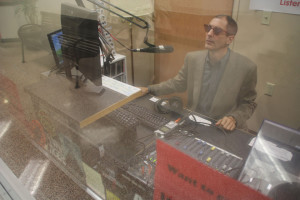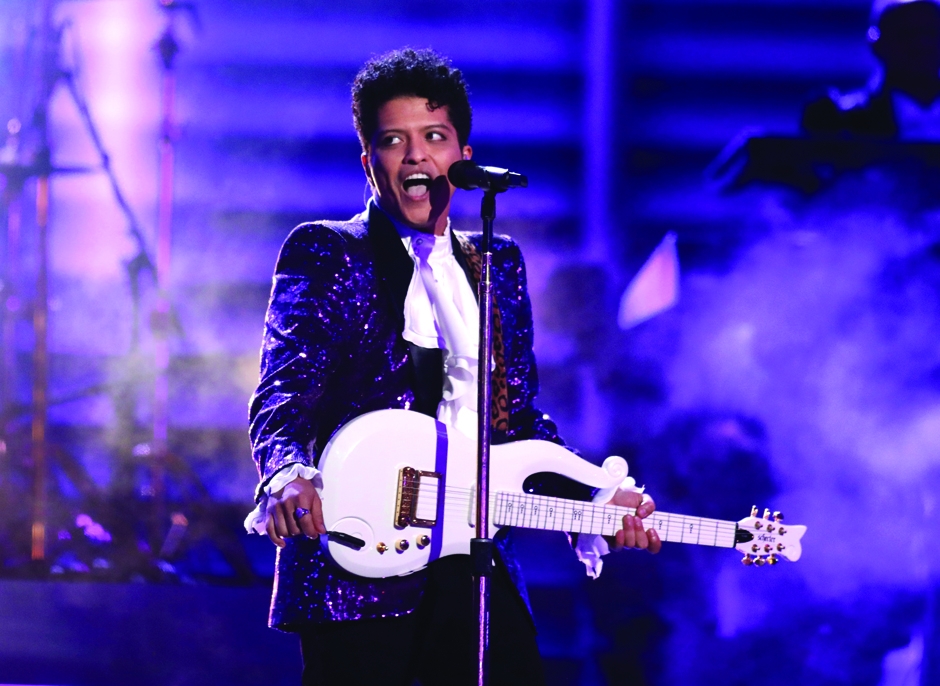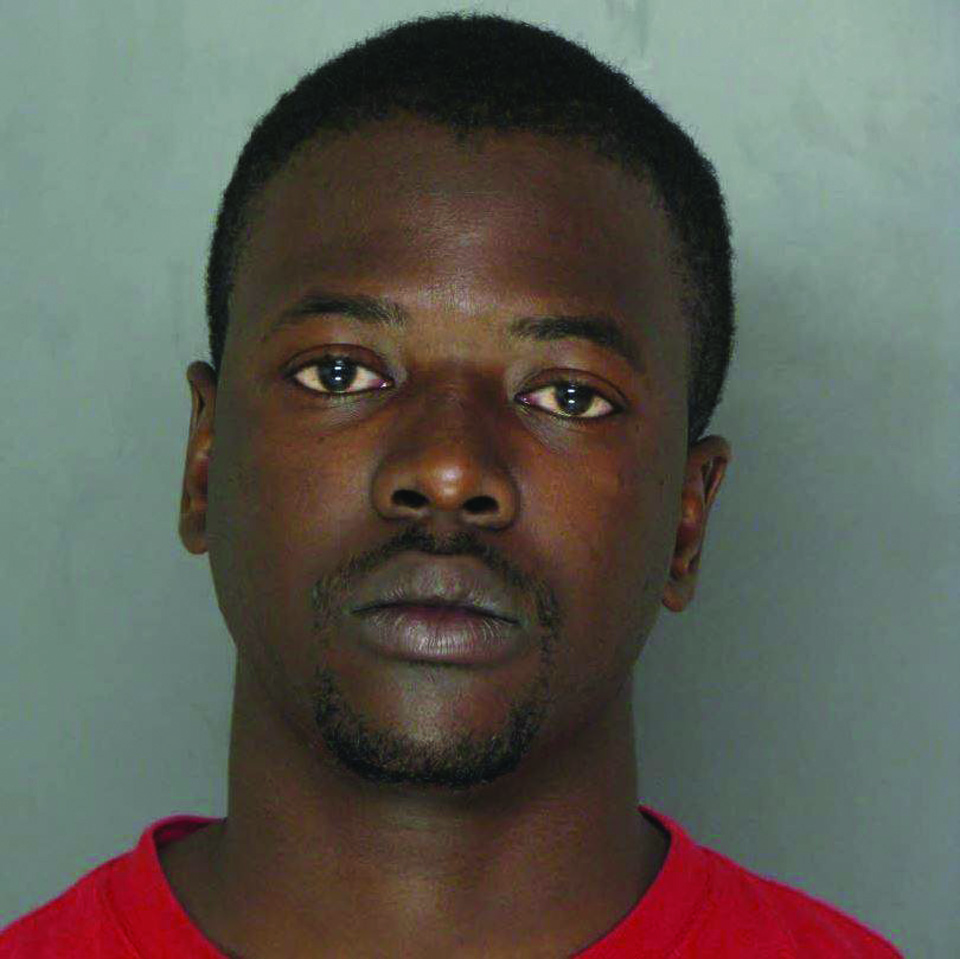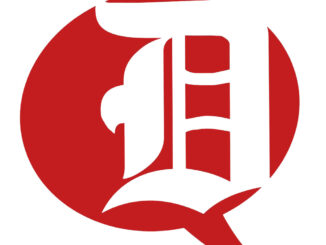
By Brandon Addeo | For the Duquesne Duke
Duquesne’s student radio station is set to undergo a major reformation following difficulties in recent years.
The station, WDSR, will expand its programming to include much more content, most of which is student produced, project co-advisor Don Maue said.
“We’re broadening the types of coverage the station has,” Maue said. “One of the ways we’re doing that is through a partnership with all the other student media.”
New shows being added will range in subject matter, including public affairs, special features, music and news. Additionally,The Duke and Duquesne student television are set to get regularly scheduled slots in the radio schedule.
These changes come partly as a result of extremely low listenership and a lack of awareness of the radio network among the student body, according to Maue.
Maue, who has over twenty-five years of public radio experience, was recently appointed co-advisor of the student radio network. He stressed the importance that WDSR has to the Duquesne community.
“It’s the only publication that can actually be [broadcast] twenty-four hours a day, seven days a week,” Maue said. “We can broadcast from anywhere in the world to anywhere in the world.”
Maue said his goal is to bring in a larger quantity of student interest, in both participation and listenership, to the “massively under-utilized” student radio network.
WDSR radio is also in a period of physical transition. Last year, the station moved from its location in the lobby of Assumption Hall to its new studio on the first floor of College Hall, according to Maue’s co-advisor Jordan Mroziak.
“[The move] took [the station] from a very visible place that people knew where it was to a place that was a little more secluded,” Mroziak said. “That may have been a slight disruption.”
According to Mroziak, WDSR is going to function much more like a professional radio station.
“Traditionally in the past, we’ve run an almost exclusively live radio station,” Mroziak said. “We’re looking to do some heavy recruiting and find more participants to pre-record shows and have regularly scheduled programs to…create more of an authentic structure that runs much more similarly to the existing world of broadcast radio.”
Despite this new professional style, the continued amount of high flexibility and student involvement that WDSR allows is one of the best and most important parts of the radio station, Maue said.
“One of the things I think is really important for people to know about WDSR is that it serves the whole campus,” Maue said. “It’s not a club; anyone that’s a student, faculty, or staff member can have a show. It’s open like that and I like that very much.”




